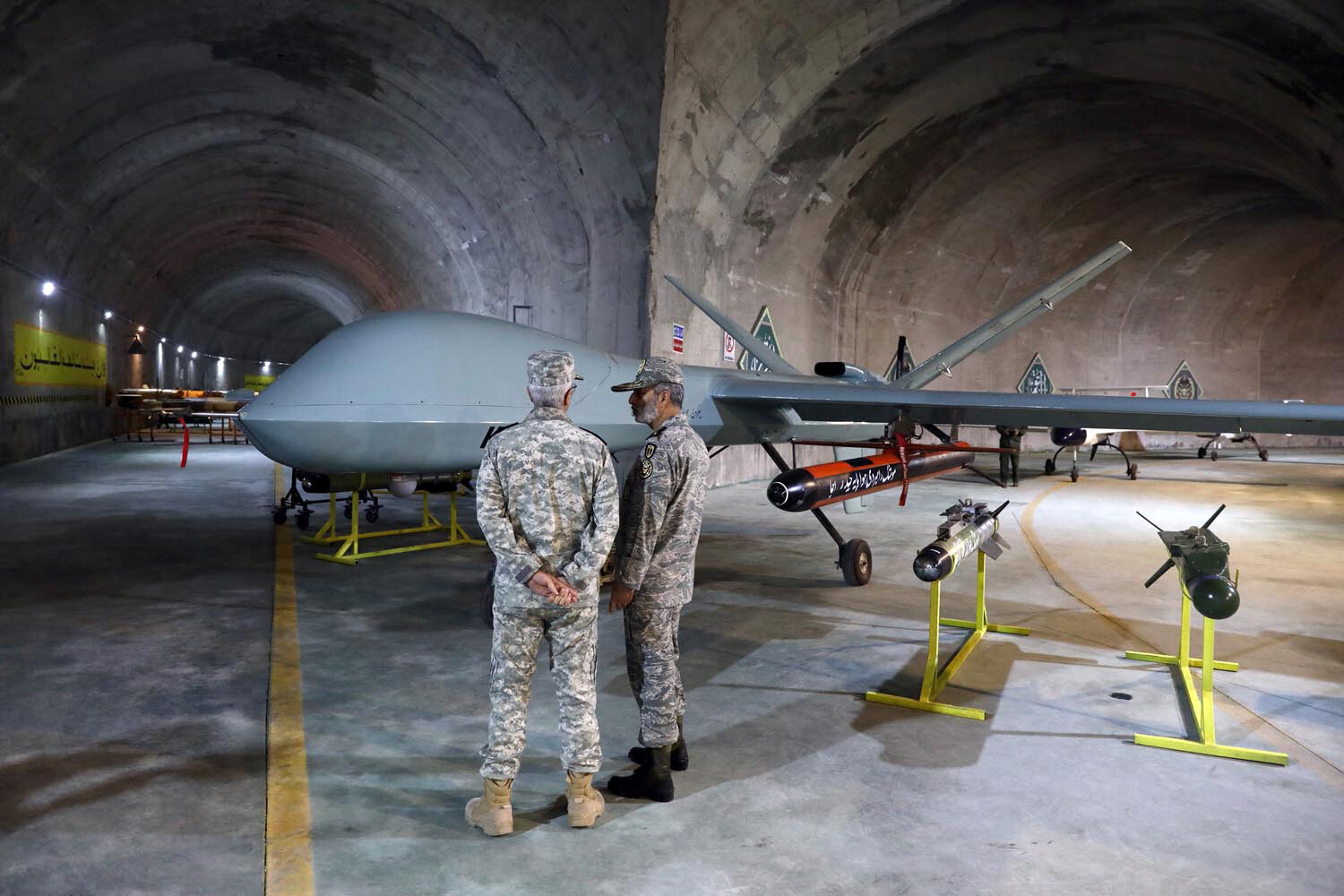
Iran is escalating its provision of attack drones to the Sudanese military, contributing to the intensification of the civil war in North Africa. Reports from both US and Arab officials to Semafor indicate that this move is positioning Sudan closer to Tehran, potentially enhancing their influence in the Red Sea.
The Sudanese Armed Forces (SAF) have been embroiled in a protracted conflict with the Rapid Support Forces (RSF) for nearly a year, spilling over into neighboring nations like Chad and South Sudan.
Seizing an opportunity to strengthen ties with Khartoum, Iran has started supplying attack drones, specifically the Mohajer-6, to the SAF. This marks a diplomatic reengagement since 2016 and could shift Sudan’s strategic alignment away from the West.
Despite Sudan’s improved relations with the US and the establishment of diplomatic ties with Israel in 2020, the ongoing civil war and civilian targeting hinder normalization. The Biden administration has imposed new sanctions on both the SAF and RSF in recent months.
Iran’s provision of attack drones aims to counter RSF offensives, preventing the group from gaining control of significant territories, including much of Khartoum. General Abdel Fattah al-Burhan, the SAF’s commander, primarily operates from Port Sudan on the Red Sea.
US and Arab officials suggest that Iran seeks to leverage its relationship with the SAF to enhance regional alliances and project power into the Red Sea. This move draws parallels with Iran’s past use of Sudan as a conduit for arms shipments to allied Palestinian militias before Sudan’s 2016 revolution.
The Red Sea has become crucial for Iran, especially after the Gaza war and Houthi attacks on ships, disrupting global trade routes. Viewing Sudan as a potential second front, Iran could challenge US and allied navies. Analysts warn that Sudan’s civil war might lead to the country’s division, with militias controlling large territories, echoing Iran’s history of exploiting instability in Iraq, Syria, and Yemen.
There are concerns that the Sudanese army, with its Islamist orientation, could align itself with Iran and transform into a militia group. While Iranian and Sudanese officials have celebrated the resumption of diplomatic relations, there is no public disclosure of military cooperation. Sudan’s Foreign Minister emphasizes that the new relationship with Iran doesn’t necessarily compromise ties with other nations, considering it a normal course of action in international diplomacy.
